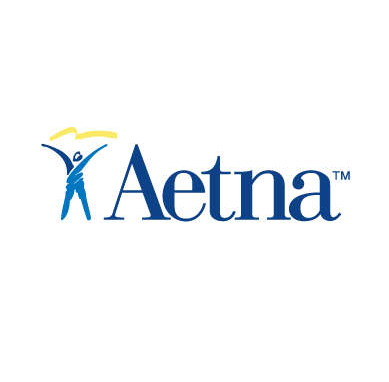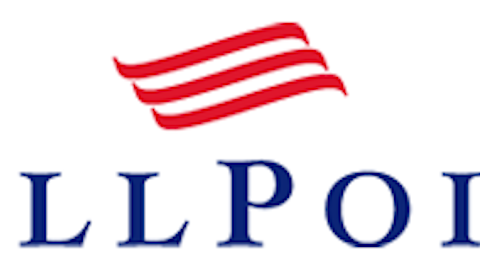With a growing number of Obamacare’s provisions taking effect, both supporters and opponents of the health care law are bracing for the impacts that Obamacare will have on the health care industry and the way millions of Americans get health-insurance coverage. But yesterday’s decision from the Obama administration to put off implementation of potential fines on large employers that choose not to provide health insurance for their employees puts a new wrinkle in the controversial provisions, especially since the move appears to favor large businesses at the expense of ordinary individuals who’ll still face penalties of their own come Jan. 1.
Understanding the penalty provisions
Until yesterday, the various Obamacare penalty provisions for those who attempted to bypass the law’s insurance-coverage requirements had an attractive symmetry to them. For individuals, penalties of $95 per adult and $47.50 per child, up to a family maximum of $285 or 1% of income above the tax-filing threshold, apply to individuals who don’t have eligible insurance and who don’t qualify for one of the exemptions to the provisions. Low-income families would likely be exempt, and others would have to compare the costs of an Obamacare-compliant policy against their income to find out whether the availability of what the law calls affordable coverage would result in a penalty.
Meanwhile, the employer fines would apply to employers with 50 or more employees working at least 30 hours a week, with companies paying annual penalties of $2,000 per uninsured worker. The law exempts companies from paying fines on the first 30 uninsured employees, but other provisions impose potentially higher fines if employers provide coverage that’s too expensive and therefore triggers federal tax-credit subsidies to help employees cover their costs.
Furthering the symmetry, both of these provisions were slated to take effect at the beginning of 2014. Now, though, that has changed, and an uproar is likely to result as those with differing political views come to their own conclusions about the reasoning behind the move.
What happened yesterday?
In yesterday’s announcement, the administration set back the date for employer fines to take effect until the beginning of 2015. Cynics have noted that the new date is comfortably after the midterm elections, although the administration argued that it was merely responding to calls from employers who argued that making changes to benefits to take the 30-hour-a-week threshold into account was more complicated than it would seem to ordinary workers.
The delay isn’t the first for Obamacare. Back in April, the administration had to delay the planned national insurance marketplace known as the Small Business Health Options Program until 2015, benefiting insurance carriers Aetna Inc (NYSE:AET), UnitedHealth Group Inc. (NYSE:UNH), and WellPoint, Inc. (NYSE:WLP) by giving them more time to figure out how to comply with the small-business provisions of the health care law. The move also has ramifications for employer fines, as the program was narrowed to allow employers to choose only a single plan rather than a broader set of plan choices. As Fool contributor Keith Speights observed at the time, that might lead some midsize employers to drop their coverage rather than getting shunted into a single and potentially inadequate plan.
Will Congress object?
Interestingly, as the Washington Post‘s Ezra Klein noted last night, the administration’s decision not to enforce Obamacare’s penalty provisions doesn’t change the fact that they remain on the books as law. The situation puts Congress in the strange position of having the president challenge its law-making ability on a law that the president supported and that a substantial portion of Congress would prefer to see repealed.
The biggest fallout, though, might well come from individuals who supported the law but who counted on equal treatment of businesses and employees. Without a similar one-year break from individual penalties, you’ll find plenty of penalty-payers next year arguing about the unfairness of giving employers a break from fines.
The real test for Obamacare
In any event, the biggest challenge that Obamacare faces is getting its Health Insurance Marketplace up and running by Oct. 1. Although private exchanges from Marsh & McLennan Companies, Inc. (NYSE:MMC) subsidiary Mercer as well as Towers Watson & Co (NYSE:TW) have done a good job of getting Aetna Inc (NYSE:AET), UnitedHealth Group Inc. (NYSE:UNH), and other popular insurers to participate in their programs, the reception that public exchanges have gotten has been far less favorable. Without a smooth launch in less than three months, Obamacare could find itself facing much greater criticism than it is today.
The article Obamacare Gives Businesses a Break but Leaves You on the Hook originally appeared on Fool.com and is written by Dan Caplinger.
Fool contributor Dan Caplinger has no position in any stocks mentioned. The Motley Fool recommends UnitedHealth Group (NYSE:UNH) and WellPoint. The Motley Fool owns shares of WellPoint.
Copyright © 1995 – 2013 The Motley Fool, LLC. All rights reserved. The Motley Fool has a disclosure policy.






